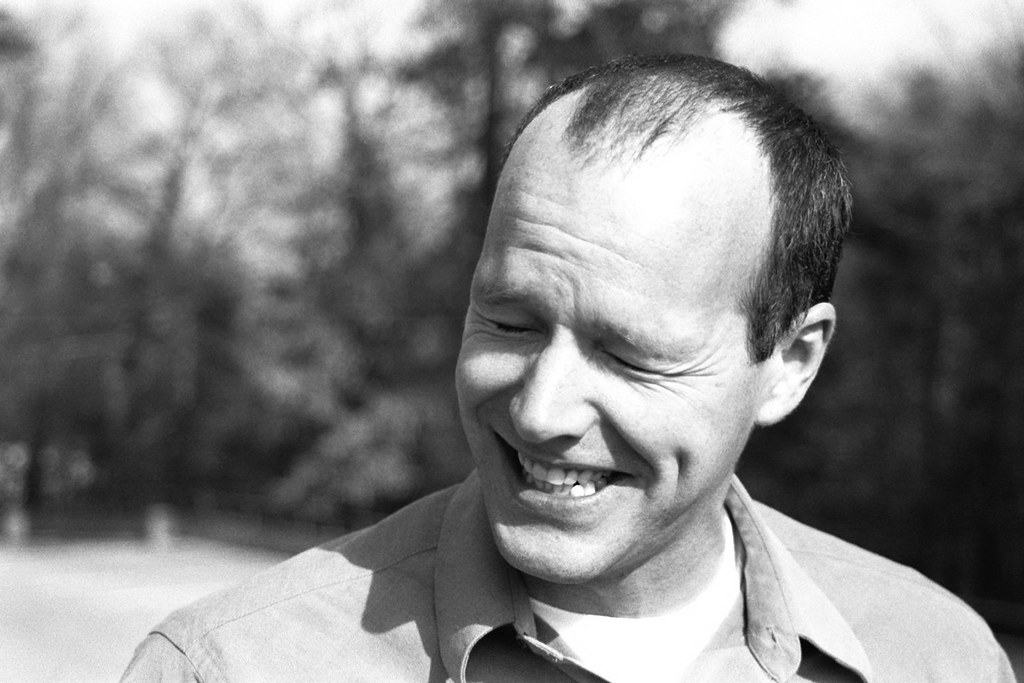Claudia Rankine & Christopher Davis: This Saturday, February 11th, 8pm, Internationalist Books
Please spread far and wide....
Who: Claudia Rankine, author of Don't Let Me Be Lonely, PLOT, The End of the Alphabet, Academy of American Poets Fellow, invented the letter "Z".
Who: Christopher Davis, author of History of the Only War, The Patriot, UNC-Charlotte Professor, took over when Hercules retired.
What: Desert City Poetry Series, kicking St. Valentine square in the kidneys.
When: This Saturday, February 11th, 8:00 pm, 2006.
Where: Internationalist Books, 405 W. Franklin Street, Chapel Hill, NC, spinning at a 1000 miles per hour, but remarkably easy to find.
How much: $2 donation requested.
Why: "Fifteen minutes later the doorbell rings. You explain to the ambulance attendant that you had a momentary lapse of happily. The noun, happiness, is a static state of some Platonic ideal you know better than to pursue. Your modifying process had happily or unhappily experienced a momentary pause." "Why not invite him to our hide-out, / our abandoned factory, in America?"
See you there.....
Upcoming readings:
March 25th, 8pm: Ron Silliman & Selah Saterstrom
April 22nd, 8pm: Emmanuel Hocquard & Rosmarie Waldrop
*Internationalist Books
*Claudia Rankine
*Christopher Davis
Contact the DCPS: Ken Rumble, director
rumblek at bellsouth dot net
The Desert City is supported by grants from the Mary Duke Biddle Foundation, the North Carolina Arts Council, and the Orange County Arts Commission and generous donations from anonymous individuals.
from Don't Let Me Be Lonely
by Claudia Rankine
There was a time I could say no one I knew well had died. This is not to suggest no one died. When I was eight my mother became pregnant. She went to the hospital to give birth and returned without the baby. Where's the baby? we asked. Did she shrug? She was the kind of woman who liked to shrug; deep within her was an everlasting shrug. That didn't seem like a death. The years went by and people only died on television—if they weren't Black, they were wearing black or were terminally ill. Then I returned home from school one day and saw my father sitting on the steps of our home. He had a look that was unfamiliar; it was flooded, so leaking. I climbed the steps as far away from him as I could get. He was breaking or broken. Or, to be more precise, he looked to me like someone understanding his aloneness. Loneliness. His mother was dead. I'd never met her. It meant a trip back home for him. When he returned he spoke neither about the airplane nor the funeral.
Every movie I saw while in the third grade compelled me to ask, Is he dead? Is she dead? Because the characters often live against all odds it is the actors whose mortality concerned me. If it were an old, black-and-white film, whoever was around would answer yes. Months later the actor would show up on some latenight talk show to promote his latest efforts. I would turn and say—one always turns to say—You said he was dead. And the misinformed would claim, I never said he was dead. Yes, you did. No, I didn't. Inevitably we get older; whoever is still with us says, Stop asking me that.
Or one begins asking oneself that same question differently. Am I dead? Though this question at no time explicitly translates into Should I be dead, eventually the suicide hotline is called. You are, as usual, watching television, the eight-o'clock movie, when a number flashes on the screen: I-800-SUICIDE. You dial the number. Do you feel like killing yourself? the man on the other end of the receiver asks. You tell him, I feel like I am already dead. When he makes no response you add, I am in death's position. He finally says, Don't believe what you are thinking and feeling. Then he asks, Where do you live?
Fifteen minutes later the doorbell rings. You explain to the ambulance attendant that you had a momentary lapse of happily. The noun, happiness, is a static state of some Platonic ideal you know better than to pursue. Your modifying process had happily or unhappily experienced a momentary pause. This kind of thing happens, perhaps is still happening. He shrugs and in turn explains that you need to come quietly or he will have to restrain you. If he is forced to restrain you, he will have to report that he is forced to restrain you. It is this simple: Resistance will only make matters more difficult. Any resistance will only make matters worse. By law, I will have to restrain you. His tone suggests that you should try to understand the difficulty in which he finds himself. This is further disorienting. I am fine! Can't you see that! You climb into the ambulance unassisted.
"Outside Art"
by Christopher Davis
Inside Sex World, it’s hot and mute.
Amyl nitrate dumped on the cold floor
singes the air.
My eye wanders wildly,
a god flaming within me wanting
simply to stand shirtless in the sun,
his twin bright eyes shining
on the strong brown rippling
Mississippi, a boat shooting
from the shadows of the leaves under the bridge,
a church group tossing gnawed bones into a tray,
the emptiness of the experience of the experience.
In dorm rooms across America, dumb and dumber
hurt each other, limp lizards, faggot maggots, ugly
slugs, the four forlorn flipped pill bugs of eye contact.
Under anger, mother wept, there’s always fear.
An albino catfish nudges a deep sea diver
kicking open a chest of glittering treasure.
In a meadow, behind gray rocks, a girl giggles, gluing
purple sequins all over the clay bust of a baby, trying
to fix images of man. I believe I stink like a burrito.



1 Comments:
Like a burrito? I don't know if I buy it.
Thanks,
Jim Kober
2/17/06, 5:37 PM
Post a Comment
<< Home